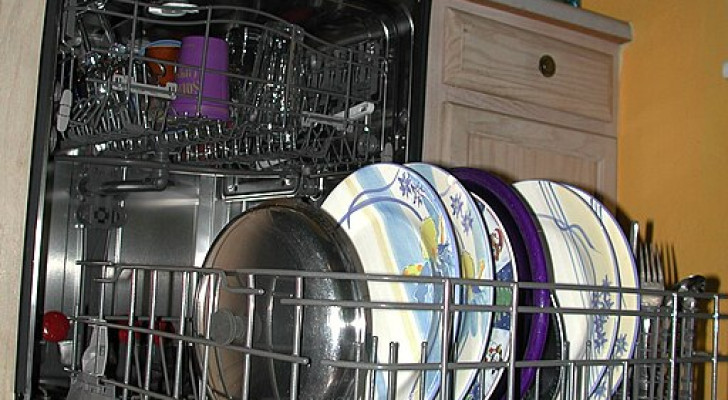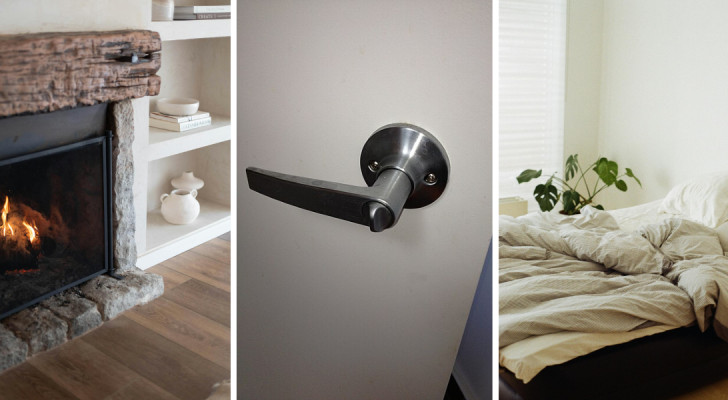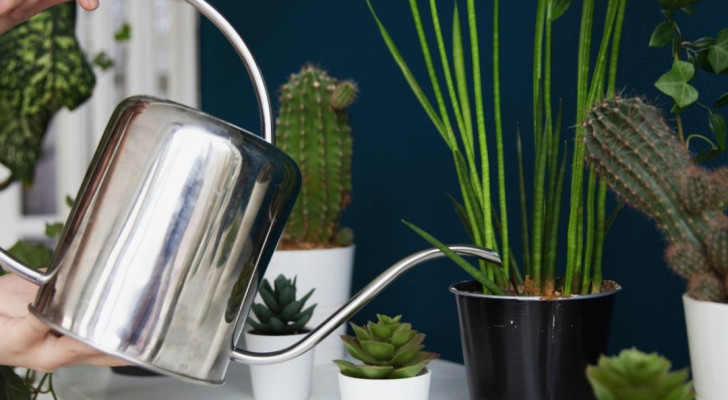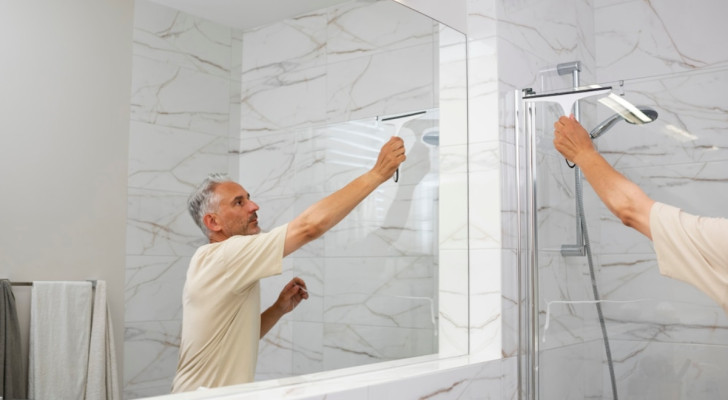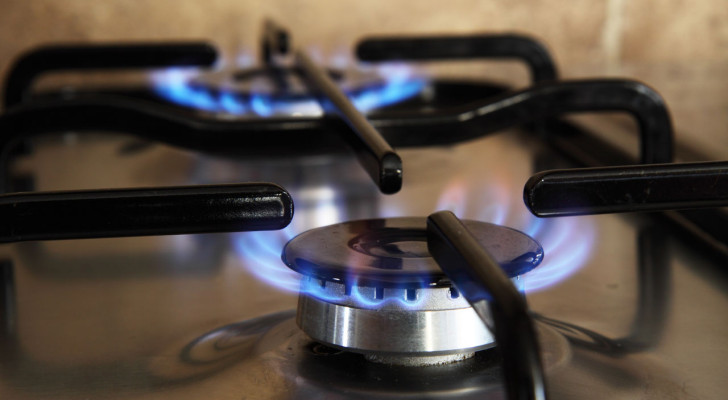Risk-free cleaning: detergents you should never mix together
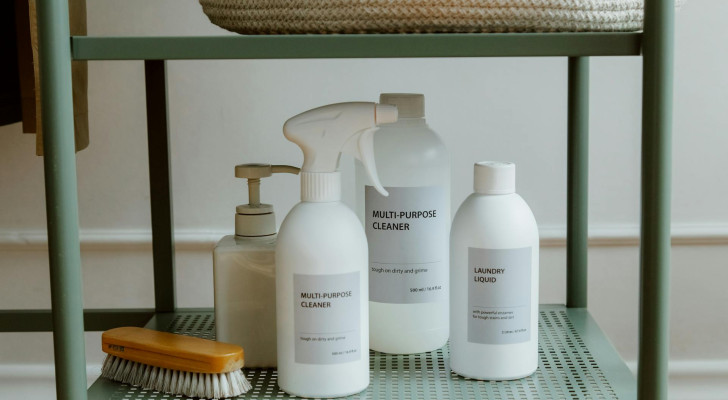
Ron Lach/Pexels
Cleaning products/detergents are indispensable for doing housekeeping, but like all chemical products, they can be dangerous - and particularly so when certain compounds are mixed together.
Because of this, it's important for you to know what products you have in your home, their nature and how best to use them to avoid any risks or dangers they may pose to you and your family.
Below, we provide you with a list of cleaning products that should never be mixed together:
1. Bleach and ammonia
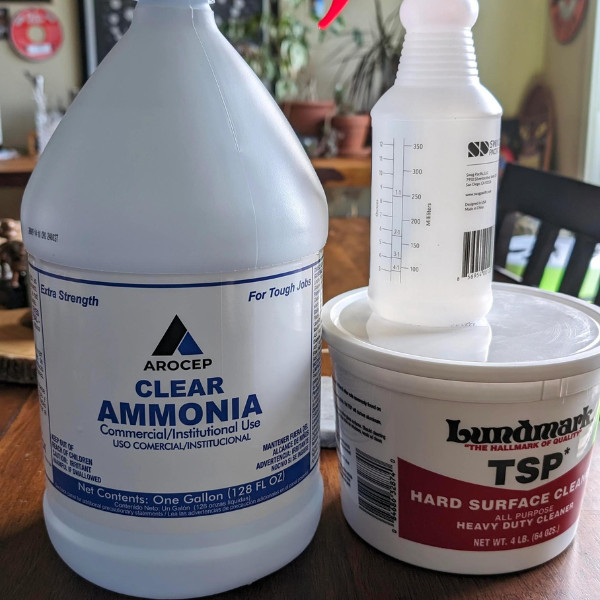
Bleach and ammonia should never be mixed together under any circumstances, as doing so creates a toxic gas - chloramine - which can have a very serious, negative impact on your health. Chloramine fumes cause coughing, shortness of breath, nausea, irritation of the throat and eyes, and chest pain.
In short, you must be especially careful when mixing bleach with any other detergent, as many also contain ammonia, even if only a small amounts.
2. Baking soda and vinegar (in closed containers)
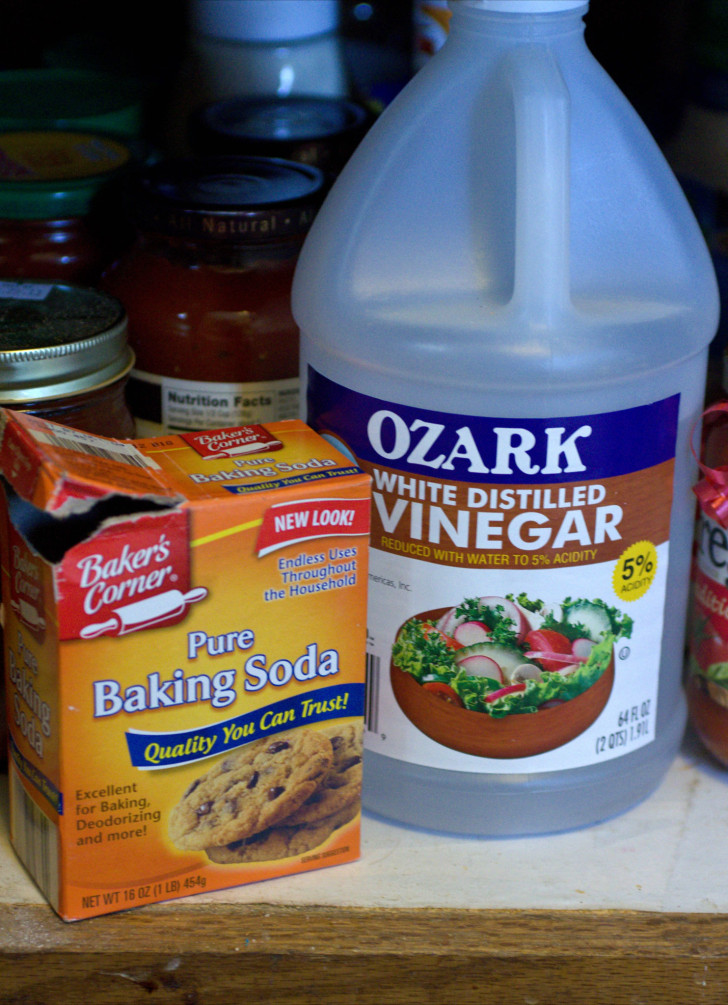
Baking soda and vinegar can be found in most homes and are often used together for cleaning chores. That said, under certain conditions, this combination can be wasteful and/or hold risks:
- A potentially ineffective combination: baking soda is an alkaline, while vinegar is an acid. When mixed together incorrectly, they can cancel each other out, and it is often difficult to "concoct" an effective mixture with these two products. So, ideally, how does (or should) this mixture work? Well, the effervescent reaction ("bubbling") baking soda and vinegar produce when they are mixed, acts on a mechanical level: basically, the bubbles (CO2 gas) that are produced "bump into and dislodge" dirt particles;
- A potentially risky mixture: if you mix these two products together and keep the mixture in an airtight container for a some time - and especially if the effervescent reaction was not finished at time of sealing - the gas given off (carbon dioxide) could cause the container to explode.
When using baking soda and vinegar, it's best to use them separately (or one after the other), and taking care not to mix them together in closed containers!
3. Bleach and ethyl alcohol or vinegar
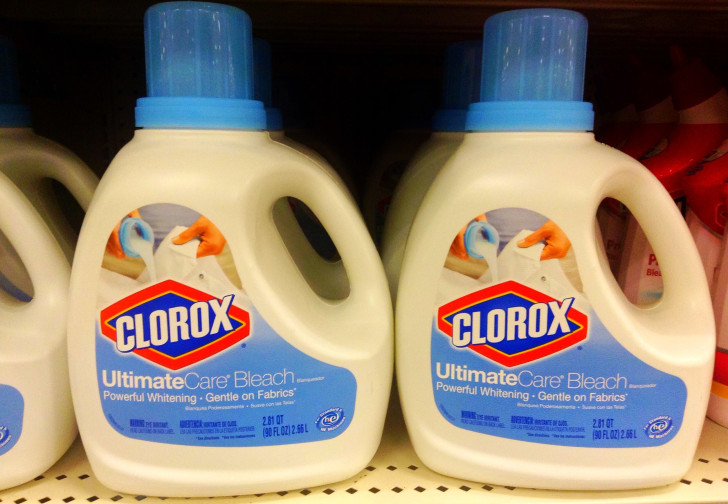
Mixing bleach with any product containing ethyl alcohol is not a good idea as these two products react to form chloroform, (which is a known irritant and potentially toxic compound).
Mixing bleach and vinegar produces toxic, dangerous chlorine gas (which can cause severe respiratory problems, eye irritation, and can even be potentially life-threatening if inhaled in large quantities).
4. Hydrogen peroxide and vinegar
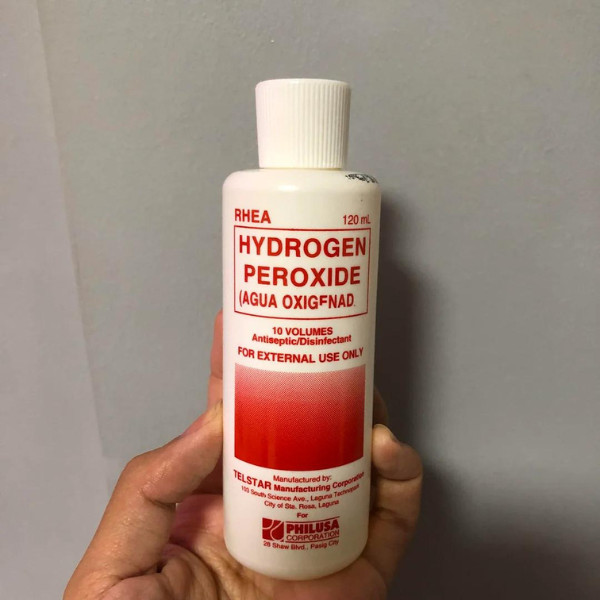
Hydrogen peroxide and vinegar are very popular, all-natural household cleaning products, but using them together is not a good idea. In fact, when these two products are mixed, they produce peracetic acid, which is a toxic substance that irritates the airways, eyes and skin.
5. Muriatic acid and caustic soda
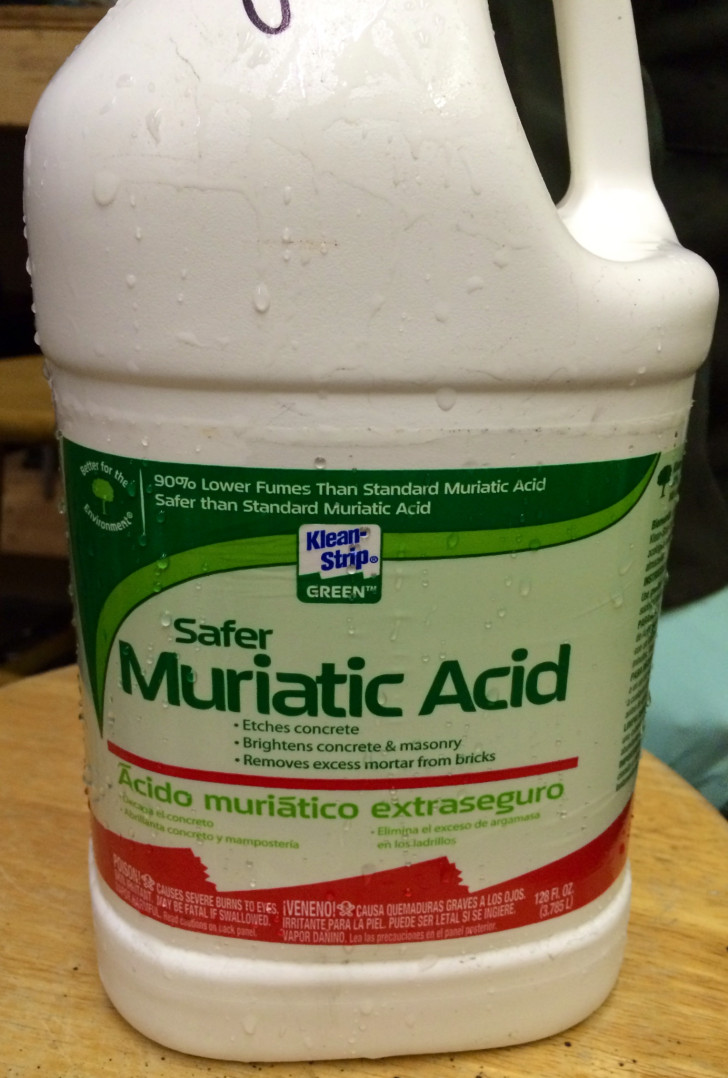
Muriatic acid (aka hydrochloric acid) and caustic soda are high-concentrate substances and mixing them together could produce fumes that contain chlorine and other potentially toxic or irritating substances (as well as throwing off heat during their chemical reaction).
6. Chlorine bleach and oxygenated bleach
There are basically only two different types of bleach sold in retail shops:
- classic bleach, made using sodium hypochlorite;
- oxygen bleach, made using hydrogen peroxide and sodium perborate or percarbonate.
These bleaches are powerful oxidants that are very effective in removing stains and sanitizing various surfaces in homes. But when mixed, they can neutralize each other, rendering the mixture ineffective and producing potentially harmful irritants.
So, remember this list the next time you tackle your housekeeping chores!
